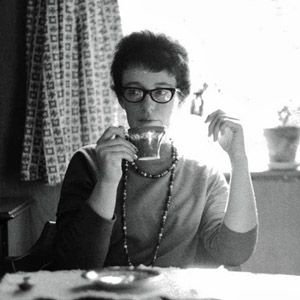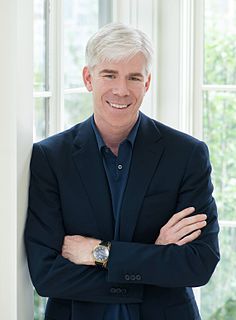A Quote by Steven Pinker
I think that a failure of statistical thinking is the major intellectual shortcoming of our universities, journalism and intellectual culture.
Quote Topics
Related Quotes
If all our political and intellectual elite offers by way of a national culture is "pop music, gambling, fashionable clothes or television," then we can neither mount a convincing intellectual defense against our enemies, nor hope to integrate intelligent, inquiring, and unfulfilled Muslim youths young men principally, of course to our way of life.
The intellectual is not defined by professional group and type of occupation. Nor are good upbringing and a good family enough in themselves to produce an intellectual. An intellectual is a person whose interest in and preoccupation with the spiritual side of life are insistent and constant and not forced by external circumstances, even flying in the face of them. An intellectual is a person whose thought is nonimitative.
An empirical philosophy is in any case a kind of intellectual disrobing. We cannot permanently divest ourselves of the intellectual habits we take on and wear when we assimilate the culture of our own time and place. But intelligent furthering of culture demands that we take some of them off, that we inspect them critically to see what they are made of and what wearing them does to us. We cannot achieve recovery of primitive naïveté. But there is attainable a cultivated naïveté of eye, ear and thought.
Instead of responding to these attacks with a vigorous intellectual counterpunch, many believers grew suspicious of intellectual issues altogether. To be sure, Christians must rely on the Holy Spirit in their intellectual pursuits, but this does not mean they should expend no mental sweat of their own in defending the faith





































